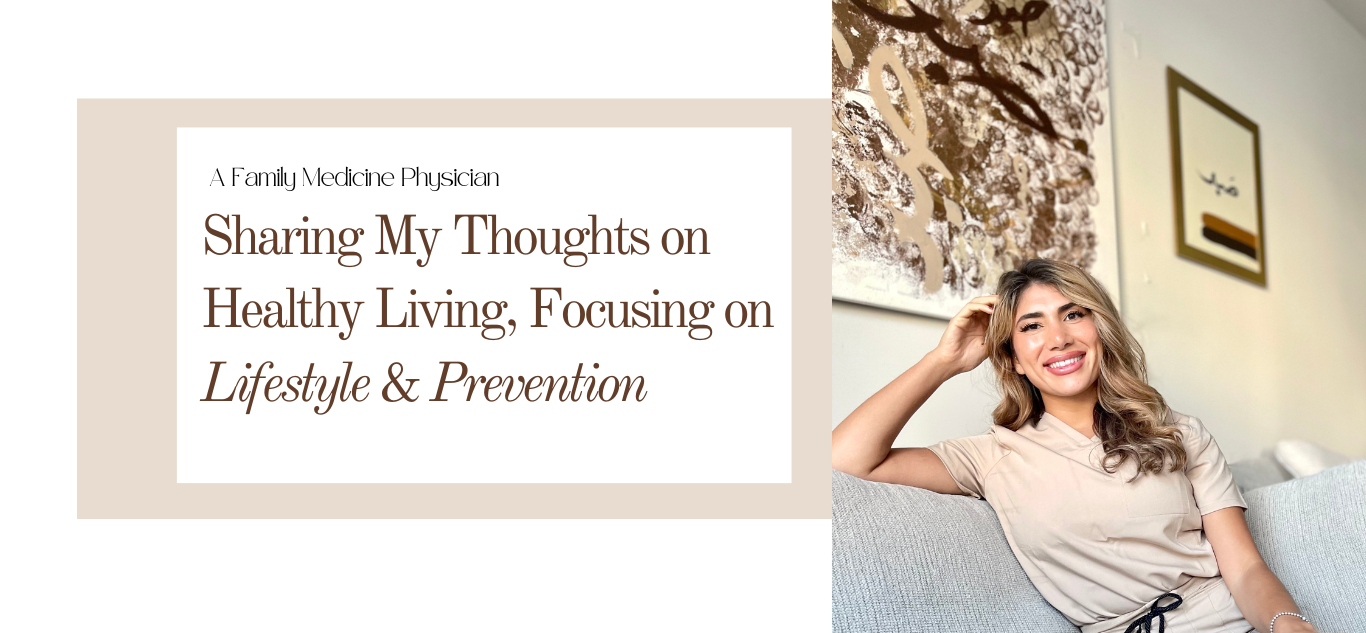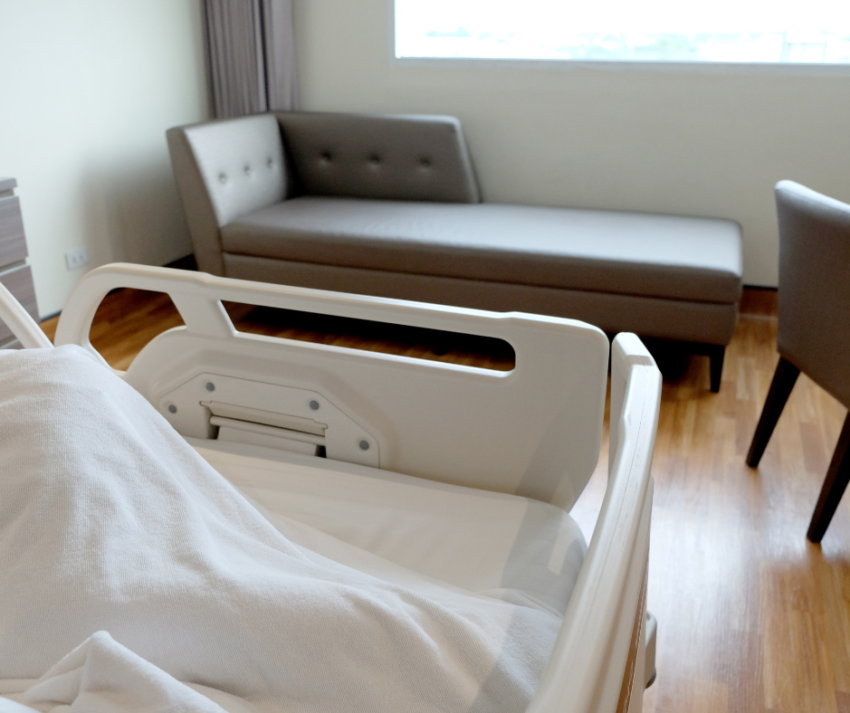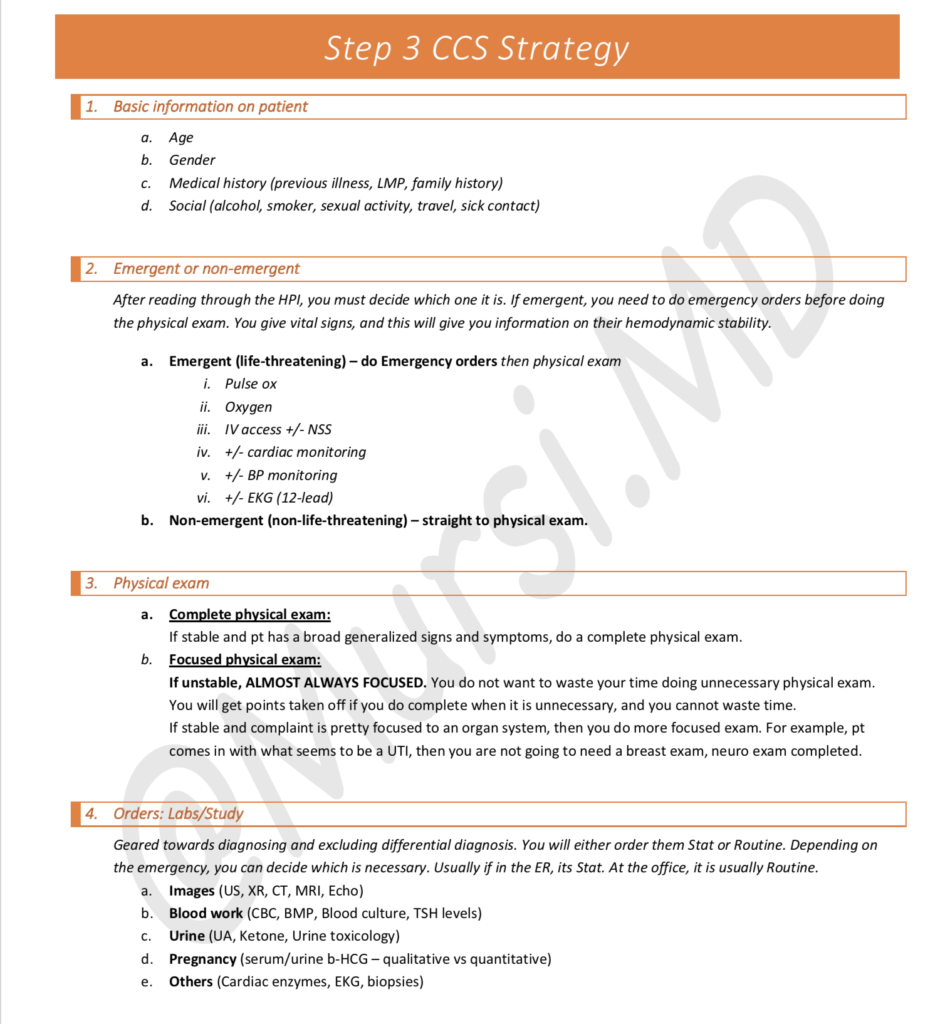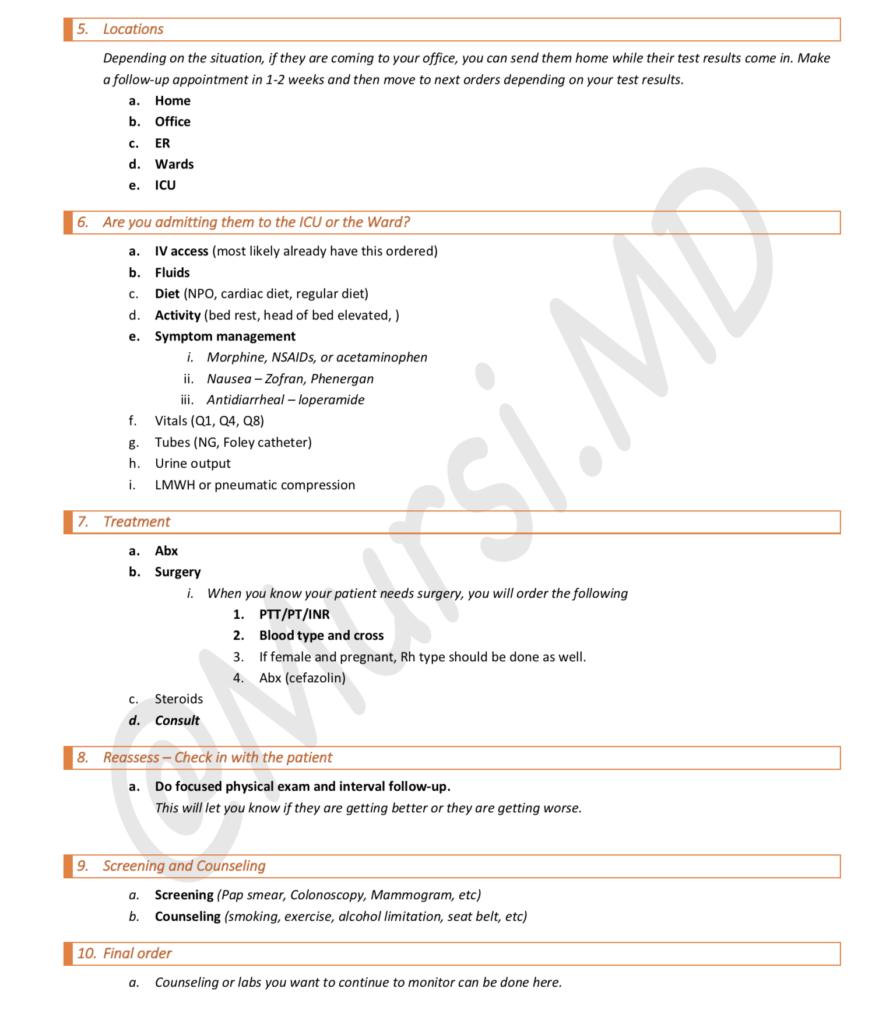5 Reasons You Are Dreading to Study
Struggling to Hit the Books? You are not alone in dreading to study! Uncover the 5 Hidden Reasons You’re Avoiding Study Time 📚😫 – Find out what’s really holding you back from academic success!
Feeling a sense of dread or resistance when it comes to studying is a shared experience, and it’s essential to understand the underlying reasons. Here are five possible reasons why you might be dreading to study:
1. Lack of Interest:
Lack of interest in a subject or topic can indeed be a significant factor behind the dread of studying. When you’re not engaged or enthusiastic about what you’re learning, it’s natural for studying to feel like a tedious chore. To overcome this challenge, consider finding ways to make the material more relatable and relevant to your life. Try connecting the subject matter to your personal interests or future goals. Break down your study sessions into manageable chunks and reward yourself after completing them. Seek out additional resources such as documentaries, podcasts, or real-world applications that can make the subject more engaging. Moreover, setting clear goals and reminding yourself of the bigger picture, like how this knowledge can contribute to your overall growth, can help reignite your motivation and make studying a more enjoyable experience. Remember, your mindset plays a crucial role in your study journey, and finding ways to cultivate genuine interest can go a long way in making the process less daunting.
Check out my YouTube video on How To Study Efficiently
2. Overwhelm:
Feeling overwhelmed while studying can undoubtedly lead to a sense of dread. When you’re confronted with an avalanche of information, it’s easy to become disheartened. To combat this, start by breaking down your study tasks into smaller, more manageable portions. Create a schedule that allocates specific time slots for each topic or chapter, and don’t forget to include short breaks to recharge your focus. Prioritize what’s most important and tackle one thing at a time. Additionally, consider seeking support from peers or instructors when you encounter challenging concepts. Sometimes, discussing your difficulties with others can provide valuable insights and reduce the feeling of isolation. Lastly, practicing relaxation techniques such as deep breathing or mindfulness can help alleviate the stress associated with being overwhelmed, making studying a less daunting endeavor. Remember, taking things step by step and maintaining a sense of balance in your study routine can go a long way in combating the dread caused by being overwhelmed.
Check out my blog post on how to prepare for Step 3 CCS
3. Fear of Failure:
The fear of failure can be a powerful force that deters many from even starting their study sessions. It’s essential to recognize that failure is a natural part of the learning process, and it’s through setbacks that we often learn the most. To overcome this fear, try shifting your perspective. Instead of seeing failure as a dead-end, view it as a stepping stone towards improvement. Set realistic goals and celebrate small victories along the way. Break your studies into manageable chunks, and if you’re struggling with a particular topic, seek help from teachers, peers, or tutors. Remember, everyone makes mistakes, and it’s these mistakes that pave the way for growth and success. Embrace the idea that every moment spent studying is a step towards personal development and knowledge, regardless of the immediate outcome. By doing so, you can gradually reduce the fear of failure and approach your studies with greater confidence and determination.
Check out my YouTube video where I share how I overcame this.
4. Distractions and Procrastination:
Distractions and procrastination can be the two-headed dragon that keeps us from successful studying. The constant allure of social media, entertainment, and other diversions can easily pull us away from our books. To combat this, start by creating a dedicated study space free from distractions. Put away your phone or use apps that block access to time-wasting websites during study sessions. Break your study time into shorter, focused intervals, and reward yourself with a brief break when you complete them. Additionally, set clear goals for what you want to achieve during each study session, and visualize the satisfaction of completing your tasks. This can serve as a powerful motivator to beat procrastination. Remember, staying organized and disciplined is key to conquering distractions and procrastination, allowing you to make the most of your study time.
Click to read about my ADHD story
5. Negative Past Experiences:
Negative past experiences, whether academic or personal, can cast a shadow on your motivation to study. It’s crucial to recognize that these experiences don’t define your future potential. To conquer the weight of the past, start by reframing those experiences as valuable lessons rather than failures. Understand that setbacks are a part of everyone’s journey. Set realistic expectations for yourself and break your study tasks into smaller, achievable goals. Seek support from mentors, friends, or counselors if needed, as discussing your feelings can help alleviate their hold on you. Ultimately, remember that your past does not dictate your future. You have the power to reshape your academic path and create a brighter, more fulfilling learning experience. Embrace the wisdom gained from your past and use it as fuel to drive your future success.
In conclusion, studying can be a challenging endeavor, especially when faced with obstacles like lack of interest, overwhelm, fear of failure, distractions, and negative past experiences. However, with the right mindset and strategies, you can overcome these hurdles. By finding ways to connect with your subject matter, breaking down your study sessions, seeking support when needed, and reframing setbacks as stepping stones, you can transform your study habits and regain control over your learning journey. Remember, your potential is not defined by your past or your fears; it’s shaped by your determination to persevere and grow. So, tackle those study sessions with confidence, knowing that you have the tools to succeed and the resilience to overcome any challenges that come your way. Your academic journey is yours to shape, and the possibilities for growth and achievement are boundless.













